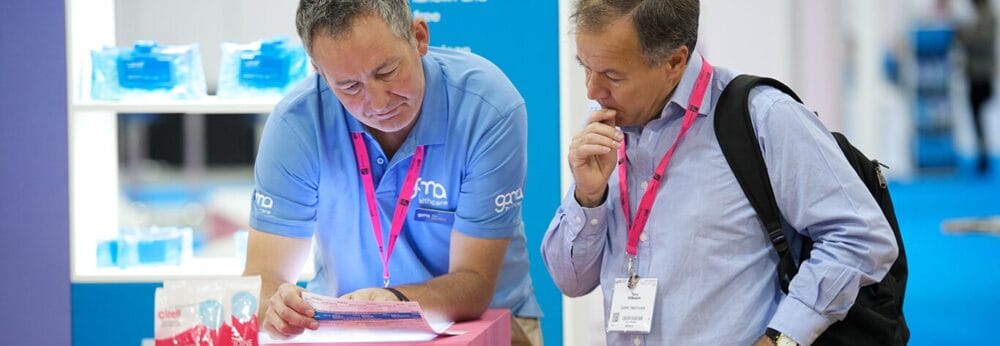Posts Tagged ‘LABORATORY TESTING’
Neutralising duff “sporicidal” claims of amine-based disinfectants
There is a lot of value to a disinfectant manufacturer of having a sporicidal claim so that the product can be used in healthcare settings to tackle C. difficile spores. However, not all products with a sporicidal claim are in fact sporicidal! Amine-based disinfectants with “sporicidal” claims are being seen increasingly in the marketplace, but these products are unlikely…
Read MoreIs your wipe really sporicidal?
Sporicidal disinfectant wipes are being used increasingly for tackling surfaces contaminated with C. difficile spores in hospitals. A wide range of ‘sporicidal’ wipes are coming onto the market. However, concerning published data shows that some wipes marketed as being ‘sporicidal’ do not have meaningful activity against spores when tested under controlled laboratory conditions. This blog outlines three key questions…
Read MoreFurther intel on disinfectants and antiseptics for Candida auris
We posted a week or two ago about a study evaluating the efficacy of various antiseptics and disinfectants for addressing Candida auris. A similar study published recently presents similar findings: chlorine-based disinfectants, and iodine-based and chlorhexidine-based antiseptics all have a role to play in tacking C. auris. The lab study collected a range of C. auris isolates, including some multidrug-resistant strains, and performed…
Read MoreAntimicrobial-impregnated patient hand wipes are a goer
A lab-based study using healthy volunteers has demonstrated that antimicrobial-impregnated hand wipes can do as well – if not better – than soap and water for hand hygiene. These findings provide more support for the idea that hand wipes could be a useful innovation in improving patient hand hygiene. The study aimed to evaluate the use of…
Read MoreTime to wipe away C. difficile from patients’ hands?
A US study has found that around 15% of patients with C. difficile infection have C. difficile contaminated hands, and that removing these spores from patients’ hands is challenging. The study was performed in a 500-bed US hospital. Around 50 patients with C. difficile infection were enrolled in the study, and randomised to either hand hygiene using either alcohol-based hand rub (ABHR) or…
Read MoreLook out: antiseptic resistance genes about!
A Turkish study has found a surprisingly high rate of antiseptic resistance gene carriage in clinical isolates of staphylococci (71% of 69 isolates carried either qacA/B or smr, which have been associated with reduced susceptibility to chlorhexidine). This study highlights the potential for bacteria to eventually develop reduced susceptibility or resistance to whatever is thrown their way! The study team…
Read MoreSelf-disinfecting surfaces: promising but not there yet
A recent JHI study highlights both the promise and limitations of self-disinfecting surfaces. The study evaluated the efficacy of five different self-disinfecting surfaces against S. aureus under simulated real-life conditions. The small antimicrobial effects noted initially disappeared once most of the surfaces began being cleaned using alcohol wipes! The team examined the efficacy of five self-disinfecting surfaces: a micro-patterned…
Read MoreQuats vs. hydrogen peroxide vs. VRE
A Dutch laboratory evaluation of four different disinfectant applied by either spraying or wiping has found that most are effective against key hospital pathogens. However, the hydrogen peroxide spray was ineffective against VRE, suggesting a problem with hydrogen peroxide stability. The study tested the ability of a hydrogen peroxide solution (branded a sporicidal), QAC, alcohol, and glucoprotamin…
Read MoreInfection Prevention 2016: a bug’s eye view
Another IPS conference has been and gone, and what a lot of fun and learning to be had! New research published, new products launched, and new contacts made – all in a few days in sunny Harrogate. Several of the lectures were outstanding: Prof Gary French on the ‘swing’ away from antibiotic-resistant Gram-positive bacteria towards…
Read MoreStandardising the testing of disinfectant wipes
There has been quite a bit of discussion lately about the suitability of laboratory testing methods for wipes. This is a crucial issue, and may explain to a large degree the differences in wipe performed when tested in parallel. For example, a study of wipes with sporicidal claims found that few actually demonstrated meaningful sporicidal activity! A recent…
Read More





